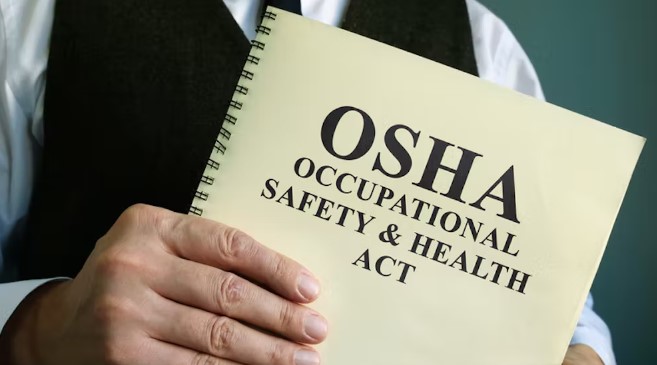OSHA Grants Broader Authority to Cite Repeated Fall Infractions
Originally Published by: EHS Today — January 29, 2023
SBCA appreciates your input; please email us if you have any comments or corrections to this article.
On January 26, OSHA announced new enforcement guidance changes which can "save lives and hold employers to greater account for safety and health failures."

The announcement said these changes will "target employers who put profit over safety." It will do this by making the penalties " more effective in stopping employers from repeatedly exposing workers to life-threatening hazards or failing to comply with certain workplace safety and health requirements."
OSHA Regional Administrators and Area Office Directors now have the authority to cite certain types of violations as “instance-by-instance citations” for cases where the agency identifies “high-gravity” serious violations of OSHA standards specific to certain conditions where the language of the rule supports a citation for each instance of non-compliance.
Existing guidance on instance-by-instance citations are outlined in the OSHA Field Operations Manual, and CPL 02-00-080, “Handling of Cases to be Proposed for Violation-by-Violation Penalties.”
These conditions include lockout/tagout, machine guarding, permit-required confined space, respiratory protection, falls, trenching and for cases with other-than-serious violations specific to recordkeeping.
The change is intended to ensure OSHA personnel are applying the full authority of the Occupational Safety and Health Act where increased citations are needed to discourage non-compliance. The new guidance covers enforcement activity in general industry, agriculture, maritime and construction industries, and becomes effective 60 days from Jan. 26, 2023. The current policy has been in place since 1990 and applies only to egregious willful citations.
In a second action, OSHA is reminding its Regional Administrators and Area Directors of their authority not to group violations, and instead cite them separately to more effectively encourage employers to comply with the intent of the OSH Act.
“Smart, impactful enforcement means using all the tools available to us when an employer ‘doesn’t get it’ and will respond to only additional deterrence in the form of increased citations and penalties,” explained Assistant Secretary for Occupational Safety and Health Doug Parker, in a statement.
“This is intended to be a targeted strategy for those employers who repeatedly choose to put profits before their employees’ safety, health and wellbeing," Parker added. " Employers who callously view injured or sickened workers simply as a cost of doing business will face more serious consequences.”
